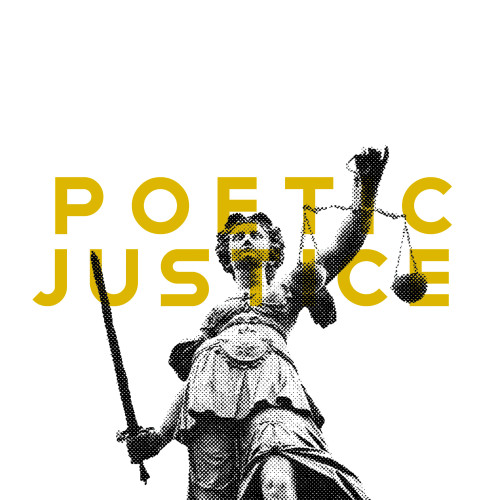Art show featuring works by prisoners makes history
A nonprofit says they’ve made history in Oklahoma by opening to current prisoners an art show featuring works by other prisoners. But the field trip for the current inmates wasn't just about art. It was about learning to live outside of prison, too. Listen above to a story from KWGS’ Elizabeth Caldwell.
The show, called “On the Inside,” is also open to the public and can be seen for the rest of July at Oklahoma Center for the Humanities at 101 Archer St. in downtown Tulsa.
Listen to the story here.
TRANSCRIPT:
ELIZABETH CALDWELL: In an art gallery in downtown Tulsa, about 20 women are clasping hands as they stand in a circle.
GROUP CHANT: I have voice, I have hope, I have the power to change. I have voice, I have hope, I have the power to change.
EC: Most of the women are inmates at Eddie Warrior Correctional Center, a medium security prison in Taft. Today the women are on a field trip to see art made by other prisoners. Ellen Stackable, executive director of the nonprofit Poetic Justice, says every detail is meant to communicate to these women who are soon to be released that they can succeed.
ELLEN STACKABLE: That it’s so elevated here that they’re in a space that isn’t just sort of a throwaway or subpar space, this is a classy gallery, and they came and got to see it.
EC: Poetic Justice helps women prisoners in Oklahoma and California write, paint, and draw with a larger goal of fostering self-esteem. Melonie Totty, who worked for Poetic Justice after being released from prison 15 months ago, says she was initially worried she’d be judged by the program.
MELONIE TOTTY: I talk stupid, I talk like an inmate, and I did not feel any judgment in Poetic Justice. And we talked about deep issues, and things we don’t normally talk about in prison.
EC: After the women tour the gallery, they gather to listen to a panel focused on how to live after incarceration. Totty tells them it’s been difficult confronting so much lost time.
MT: I feel like I’m behind because I was in prison for 17 years, I don’t have a career, I don’t have a house, I don’t have all this stuff. So I’m like, I gotta save all my money because I’m like I’m old, I gotta save all my money – except I buy shoes – and, um, I save it.
EC: After the panel, the women write letters to themselves that are meant to be read on the day they’ll be released. Volunteer Hanna Al-Jibouri gives the prisoners specific instructions for their letters: they need to be free of negative judgment.
HANNA AL-JIBOURI: A lot of times when we talk to ourselves there’s always a little shameful voice in the back of our heads that kind of can say harsh things and kind of present us with that shame. I don’t want that to be the voice that writes this letter.
EC: After 10 minutes, the women have the option to share their letters. Amy Smith reads hers.
AMY SMITH: From this day on we will not be defined by our failures but only by our ability to overcome we will not go back to the comfort of addiction life is what we make of it the sky’s the limit.
EC: After the women share their letters, it’s time to get on the bus and go back to prison. Al-Jibouri urges them to remember what was good here today.
HA: You all are incredible, you all are amazing. And I know I don’t know any of you super personally, just from the way you carry yourselves, and the way you carry yourselves in this space today, and the words we got to hear, they speak volumes.
EC: According to the Bureau of Justice, the number of incarcerated women increased more than 525% between 1980 and 2021. For KWGS News, I’m Elizabeth Caldwell.


